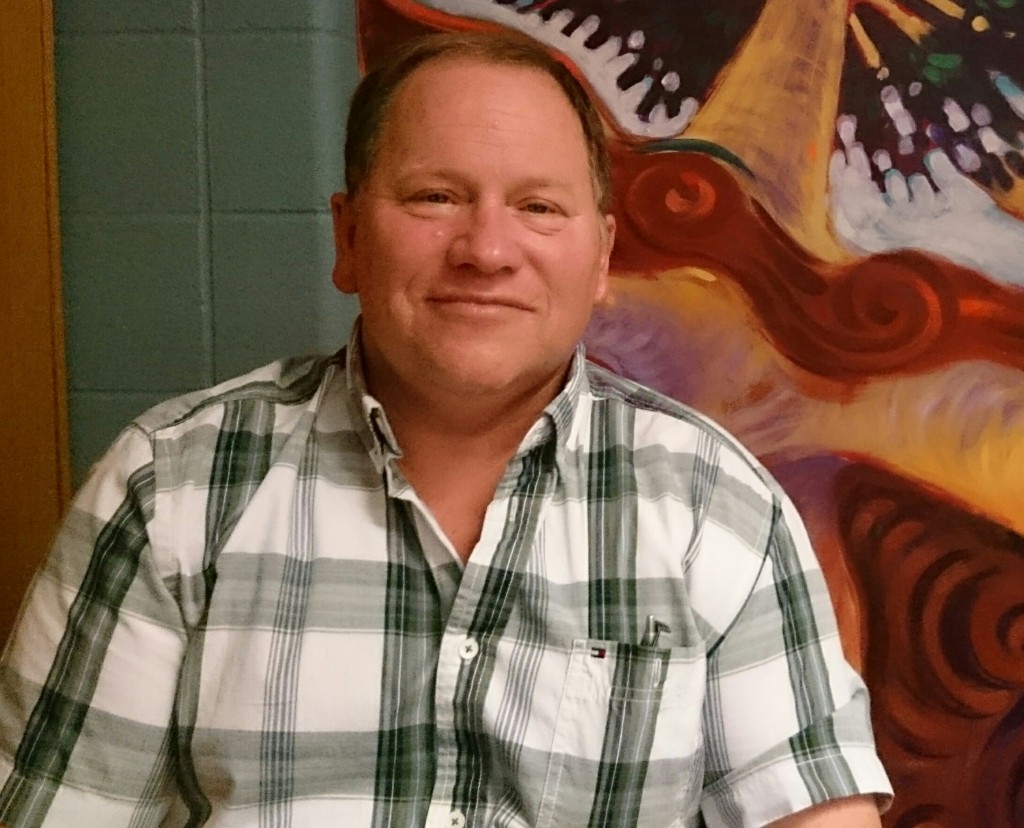Indigenous Canadians encouraging each other to vote
By Corey Jacobs
BELLEVILLE – Indigenous people are encouraging each other to head to the polls to make a difference on Oct. 19.
Paul Latchford, the director of the Aboriginal Resource Centre at Loyalist College, said he will vote this year, but there are concerns.
He said the government has not always fairly represented indigenous people, “but I know my vote will make a difference.”
“That’s the system whether we like it or not. We have to utilize opportunities.”
Prominent indigenous Canadians are encouraging their communities to vote in the federal election. Celebrities such as former NHL superstar Theoren Fleury and 2015 Mrs. Universe Ashley Burnham have been publicly speaking about the importance of going to the polls.
I urge all First Nations people in Canada to vote in this upcoming election. We are in desperate need of a new PM. Fight for your rights.
— Ashley Callingbull-Rabbit (@AshCallingbull) August 31, 2015
All three main political parties have aboriginal platforms. But only the NDP and Liberals address one of the most pressing issues in the community – missing and murdered indigenous women. Latchford says politicians are now more interested in indigenous issues because the community is growing.
“There is (an increasing) interest” in aboriginal people, Latchford said, “and one of the reasons I see why is our population.”
According to Statistics Canada, the aboriginal population is expected to be 1.4 million by 2017. It’s growing at faster rate than the rest of the country.
“If all those (First Nation) people voted one way, that’s a lot of votes,” Latchford said.
At the time of Confederation in 1867, First Nations people could vote, but only if they surrendered their status – in other words, gave up their official identity as aboriginals and the treaty rights that come with it. It wasn’t until 1960 that First Nations men could vote and retain their status. For First Nations women, that right didn’t come until 1966.
“When you look at these dates you can understand that some of our communities are still a little apprehensive about voting, because it’s fairly new,” Latchford said. “You’re really a generation in.”
 Print This Post
Print This Post







